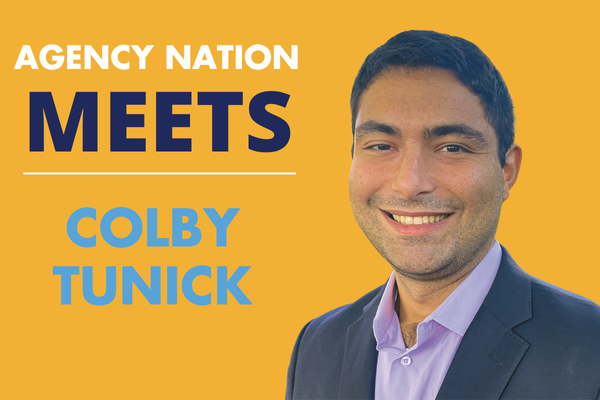Why Artificial Intelligence Won’t Replace Insurance Agents

By: Anand S. Rao
In their seminal 2013 paper, Frey and Osborne estimated that nearly 47% of U.S. employment is susceptible to computerization and automation.
Insurance agents, salespeople, underwriters and claims adjusters are among the jobs that have high potential for automation. And in recent years, many investors have poured money and attention into digital wealth management solutions such as robo and bionic advice.
While some industry observers interpret this as the beginning of the end for financial advisers, others believe financial advisers will continue to play a relevant role in the foreseeable future.
Over the next five to 10 years, artificial intelligence (AI) will automate some routine tasks for financial advisers, including data or account aggregation, investment selection, portfolio management and tax minimization. However, the next generation of digital wealth management solutions may use more advanced AI to supplement and improve human financial decision-making. This will give financial advisers the opportunity to transform from product champions into customer advocates who offer better “holistic” advice.
Far from automating advice, AI will improve human financial advisers’ ability to help customers with more sophisticated data, tools and algorithms—which will enable advisers to make better investment decisions for their customers. At the same time, financial advisers’ extensive knowledge of customers’ financial needs and appropriate insurance and investment products can help them play a critical role in testing and refining AI. We refer to this type of interaction, where human experts and AI augment each other, as “augmented intelligence.”
In the years to come, the following AI technologies will likely have the greatest impact on financial advice:
Synthetic data. Privacy and client confidentiality regulations prevent a financial adviser from leveraging a considerable amount of identifiable client data. However, by combining multiple publicly available and licensed data sources, it is possible to create a synthetic data set with non-identifiable data, which can help financial advisers guide clients on what other customers like them are doing about their financial needs and investments.
Natural language processing. Customers often talk about their financial needs and investments in various financial forums and social networks. Although this is useful for businesses in keeping track of the “pulse” of consumer sentiment, it has been difficult for financial advisers to fully exploit such data.
Natural language engine technology can collect this unstructured data to create an ontology of the words that matter most to customers. This will enable financial advisers to exploit customers’ social communications more fully in order to understand their needs and concerns and respond more holistically.
Intelligent agents. The current generation of digital wealth management solutions offers simple “what if” analysis of investments. This analysis accounts for market variability of returns, but does not adequately model the full range of uncertainties related to economic, market, and individual behaviors, and the interactions between them.
However, intelligent agents—also known as “bots”—offer more promise for the future. Bots are standalone software entities that capture the logic of how customers, financial advisers, financial institutions and other entities make decisions.
The technology platforms allow users to model the entire financial ecosystem with millions of agents or bots to simulate scenarios of different economic, market and individual conditions. This enables financial advisers to walk their customers through a detailed journey of their future selves in order to advise them on the most appropriate course of action. Such exploration of future alternatives and uncertainties makes financial advice much more interactive, personalized and compelling.
In the near future, AI will perform some of financial advisers’ more basic tasks, but will also augment the way they advise their customers. Rather than render advisers dispensable, this will fundamentally strengthen the relationship between them and their customers.
Anand Rao is a principal in PricewaterhouseCooper’s advisory practice, innovation lead for the U.S. firm’s analytics group and co-lead for Global Project Blue, Future of Insurance research.










